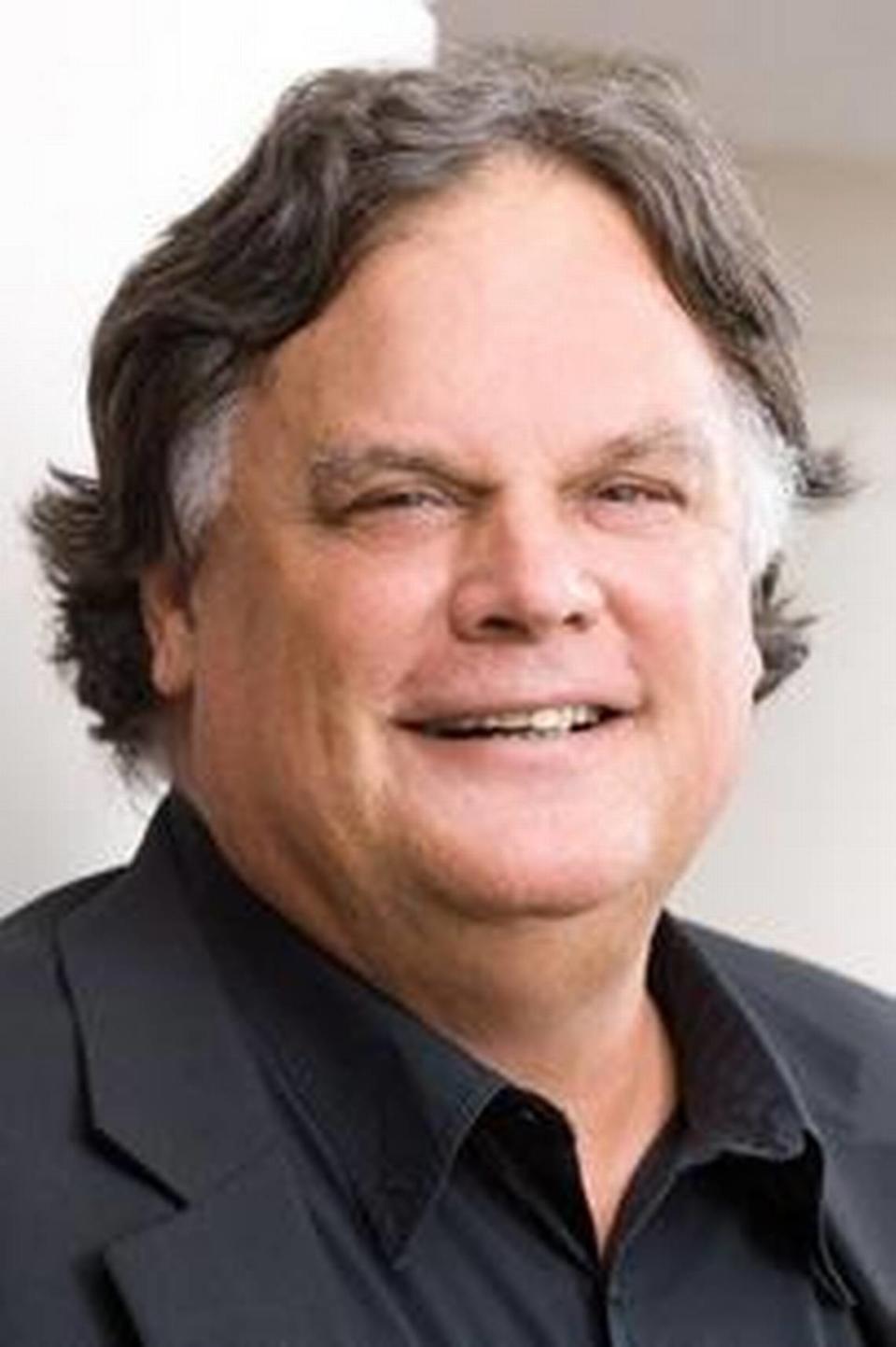GOP leaders are showing us they’ll destroy the guardrails at UNC if we let them | Opinion
The ancient and defining academic commitment of colleges and universities to “faculty governance” has received rough treatment at the University of North Carolina since Republicans took over the General Assembly and its assisting governing boards a decade or so ago.
The 1996 Statement on Government of Colleges and Universities formulated by the American Council on Education provides: “the faculty has primary responsibility for curriculum, subject matter and methods of instruction, research, faculty status, and educational process.”

In 2022, the American Association of University Professors found that UNC governing boards, “in response to or in anticipation of political interference from the legislature” have repeatedly violated essential guarantees of faculty governance — in “a regime of legislative style party discipline at odds with the principles of shared governance under which higher education has flourished.”
You know the particulars.
UNC-Chapel Hill trustees delayed and effectively rejected the proposed tenured appointment of Nikole Hannah-Jones by the UNC Journalism School in one of the most outrageous and internationally derided acts of racial discrimination in recent academic history.
In 2017, the UNC Board of Governors stripped the Center for Civil Rights of its ability to instruct law students through engaging in litigation — despite the adamant support of the faculty, the dean, provost and chancellor. The center’s director, famed civil rights litigator Ted Shaw, said the move was driven by “antipathy to the work we do on behalf of black and brown people.”
In 2023, the UNC-CH Board of Trustees “accelerate(d)” the creation of a School of Civic Life and Leadership” to, in the chair’s words, “remedy the shortage of faculty with right-of-center views.” The chair of the faculty was “flabbergasted” at the breach of shared governance. Former UNC Chancellor Holden Thorpe, seemingly stunned, explained: “The board doesn’t have any ability to propose a class, to propose a degree, or — for God’s sake — to propose a school.” The rest of us were less surprised.
And, of late, the Board of Governors seeks to impose a high-schoolish American civics requirement on all system schools, hoping to head off the interventions of the General Assembly. UNC-CH Faculty Chair Beth Moracco protested: “This is not the way we should be developing curriculum or standards for our curricula, what will it be next time?” UNC System Faculty Chair Wade Maki (UNC-Greensboro) said he was cooperating in the project “to avoid outside interference by legislators.” With almost comic naivete, he explained he doesn’t think it will provide “an example going forward.”
I know this sounds like the whinings of an old Chapel Hill professor. The Board of Governors regularly reminds that they run the show. First, last and only. And the now-absurd N.C. Supreme Court has taken to announcing that the General Assembly is “the great and chief department of government” whose enactments constitute “the sacrosanct fulfillment of the people’s will.” (The justices seem not to have read Marbury v. Madison.)
But there is an essential, hard reality to faculty governance. The responsibility for faculty “status” includes “appointments, reappointments, promotions, grants of tenure and dismissal.” Without the tradition-driven assurance of faculty governance, today, in 2024, compliant university system chancellors would be handing out marvelous, tenured faculty appointments to utterly unqualified members of the General Assembly, their staffs, their families and friends. The only qualification required would be congenial political affiliation — as is now the case with university administrative positions.
Faculty attainment is measured by discipline-driven, nationally competitive standards of rigor. There’s none of that in our regime of “legislative-style party” subservience. But, as with most other guardrails against tyrannical abuse, our Republican lawmakers have shown they’ll destroy them if we let them.
Contributing columnist Gene Nichol is a professor of law at the University of North Carolina-Chapel Hill.

